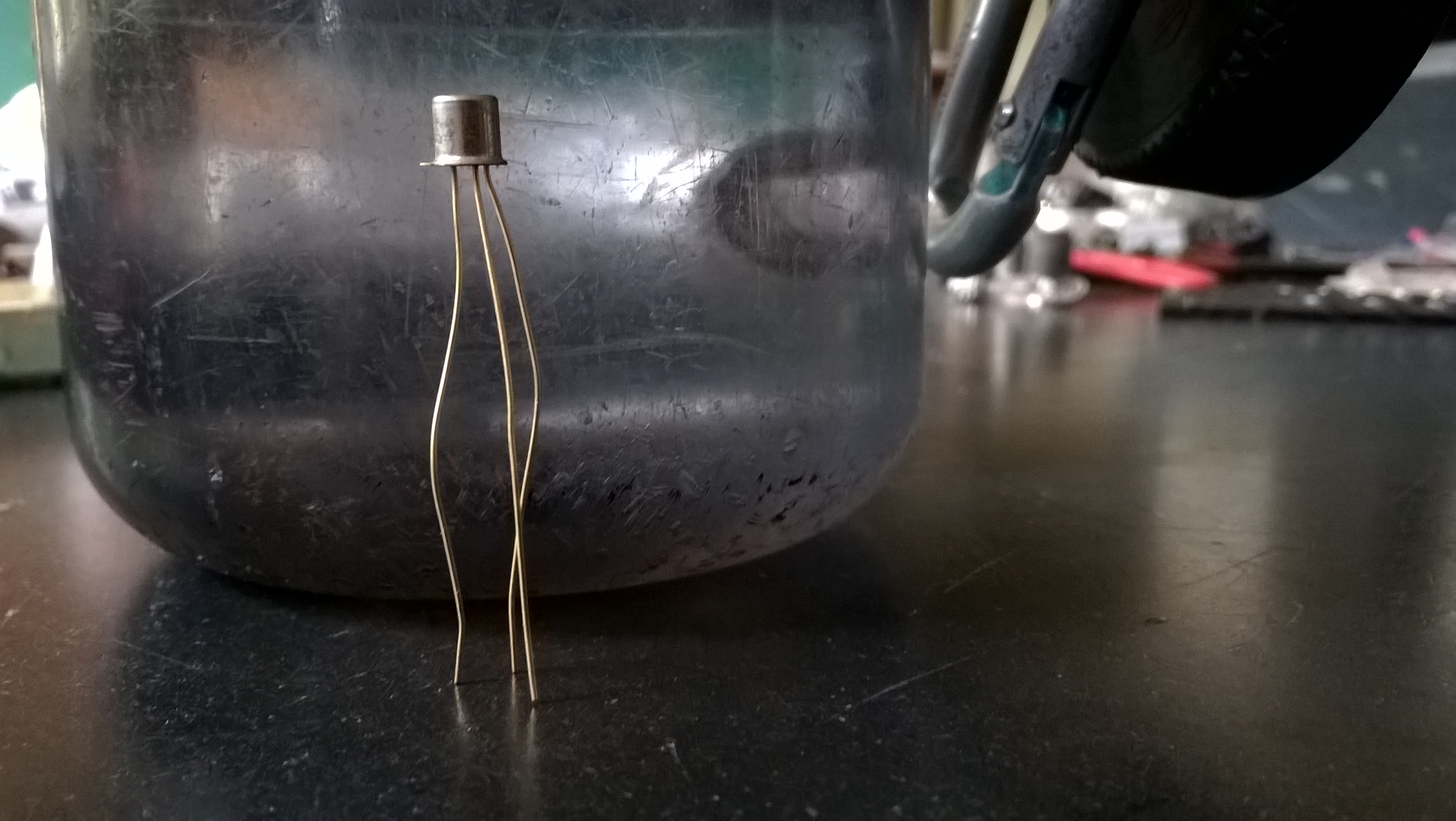Guides from Taylor
Here are some guides that I've written. One of them includes insights, thoughts, and advice on how to apply for the NSF Graduate Research Fellowship Program (GRFP), while the other is a compliation of tips, tricks, & resources for the academic job cycle. For the job cycle guide, I include not only resources that I gathered and/or created myself, but I also include many things that others shared with me (shared here with permission).
Science Resources
- NED IPAC: Level 5: a knowledgebase for extragalactic astronomy & cosmology.
- Cosmological calculator: a javascript calculator provided by Dr. Ned Wright from UCLA.
- Python Tutorial: this is an amazing Python tutorial & resource by Dr. Jackie Champagne.
- Castelli & Kurucz Atlas: catalog of model stellar spectra covering a large range of types.
- AB & Vega Zeropoints: list compiled by Dr. Paul Martini at the Ohio State University (OSU).
- Useful Unit Conversions: a list of energy conversions provided by Dr. Paul Green at the Harvard-Smithsonian Center for Astrophysics (CfA).
- Distance Measures in Cosmology; Hogg D.W. (1999): work by Dr. David Hogg describing cosmological distances in a really clear and easy-to-follow way – I recommend every astronomer read this!
- Filter Profile Service: an incredibly useful resource from the Spanish Virtual Observatory providing the bandpass/filter information for nearly any telescope+instrument in a nice, machine-readable format.
Academic Resources
- International Astronomy Meetings: this is a list cultivated by the Canadian Astronomy Data Centre that includes astronomy confereces, meetings, & workshops from around the globe — really useful if you want to stay up to date on what's going on!
- Astrobites: a daily astrophysical literature journal written by graduate students in astronomy (highly recommend)
- Creating an Expansive Mentoring Network: an excellent piece written by Dr. Arianna Long for #VanguardSTEM about the importance of having many mentors that can address different parts of your goals.
- Overcoming Imposter Syndrome: a useful article from Astrobites about Imposter Syndrome/Phenomenon
- A guide to applying to astro postdocs: this is an awesome resource of information created by the Astrobites team for applying to astronomy/astrophysics postdocs & fellowships, specifically. It's written up in two parts -- Part 1, Part 2.
- Resources from Dr. Arianna Long: this is the resources page from Dr. Long's website, which has a ton of really useful material. Highly recommend a look!
- Strategies for Forming Research Talk Questions: an Astrobites article
- Perfectionism & Imposter Syndrome Summary: a helpful resource by Dr. Desiree Dickerson.
- NASA Hubble Fellowship Program (NHFP) Anti-Racism Initiative:
this is a resource that was created by NHFP fellows in response to the #StrikeforBlackLives and #ShutdownSTEM movements. They house dozens of NHFP applications, workshops, and feedback (among other awesome resources). From their home page:
"This site is dedicated to sustained, collective actions to improve equity and take the first steps to dismantle institutional racism in the NASA Hubble Fellowship Program (NHFP) and beyond. As our initiative develops and expands over the coming years, we aim to ensure that our actions continue to reflect core values of anti-racism and center Black and Indigenous experiences."
- General fellowship/job resources: An awesome guide on astrophysicist Natasha Latouf's website covering advice on applying for the NSF GRFP fellowship, the FINESST fellowship, suggestions on how to convert your GRFP application to grad apps, and post doc application resources.
- Application Advice: These are a compilation of resources on astrophysicist Logan Pearce's website covering application advice for the NSF GRFP, grad school, NSF REUs (undergrad research opportunities), and more.
Various Data Visualization Resources
I think making beautiful, clear figures and presentations are often under-appreciated in the sciences – effective communication through visual media is incredibly important! Be the data vis change you want to see in the world!
- Plotting Playground; personal GitHub: this is a repository I made to house some fun plots that I create – sometimes they're used in my professional work or in outreach presentations. Some of them are kind of complicated, but they make pretty plots! It also comes with my personal matplotlibrc file so that if you were to clone the repo and run one of the scripts, you should get the exact same plot.
- CMasher: a useful python package that provides MANY more colormaps than what is offered by the matplotlib defaults.
- HTML Color Codes: a neat tool that allows you to pick a color off of a colorwheel and tells you the hex code.
- coolors: a color pallete generator that's very fast and allows you to freeze certain colors until you end up with the perfect palette (with hex codes).
- Color Palette Cinema: if you ever need inspiration for a fresh new color theme for a given work, this is a cool account that makes up color palettes based upon famous movies/scenes from movies.
General Resources
- Table Generator: this is a table generator which allows you to generate the code for (and fill in!) tables in LaTeX, HTML, and Markdown.
- Quick Tools for the Observational Astronomer; personal GitHub: these are tools I use from my terminal, they're super useful while observing and for writing proposals – I'm always updating it so more tools will sporadically appear.
- How to Make & Give a Good Presentation: this is a Google Slides presentation I made which I use to teach first-year grad students and undergrads how to make & give good talks. These are just general tips but honestly I think even very senior astronomers could use this advice sometimes.
Resources for Young Learners
- Navigating the Stars: A Young Learner's Guide to Astronomy — this was shared with me by a young learner who loves astronomy, so I'm sharing it here :)
